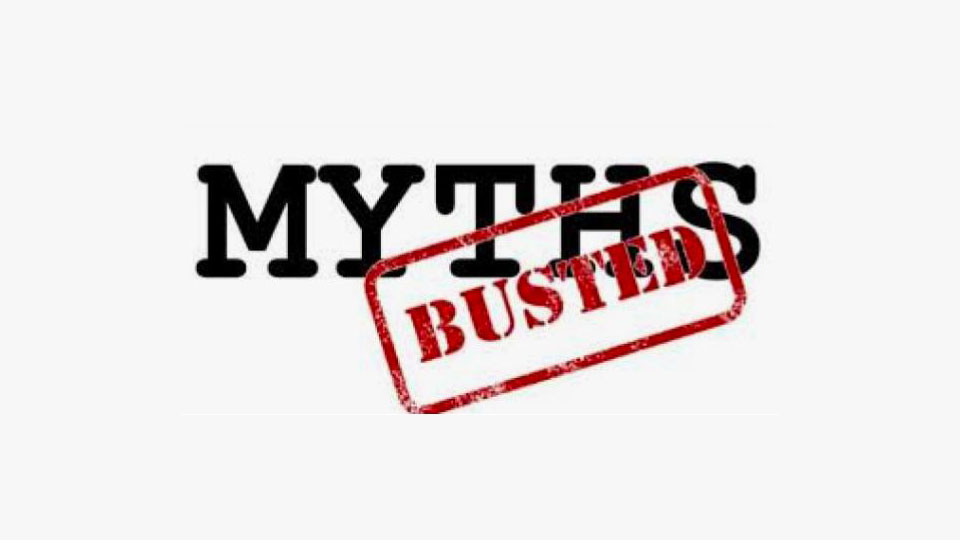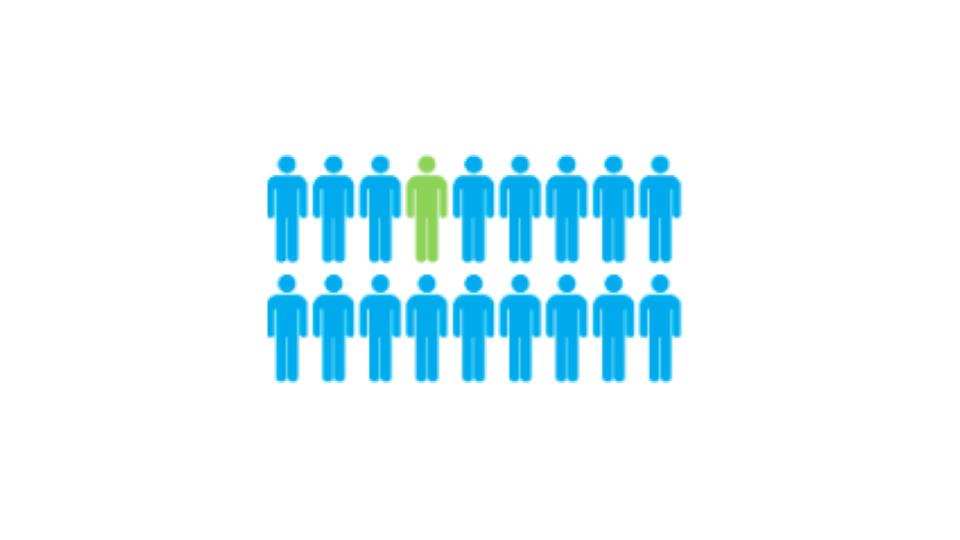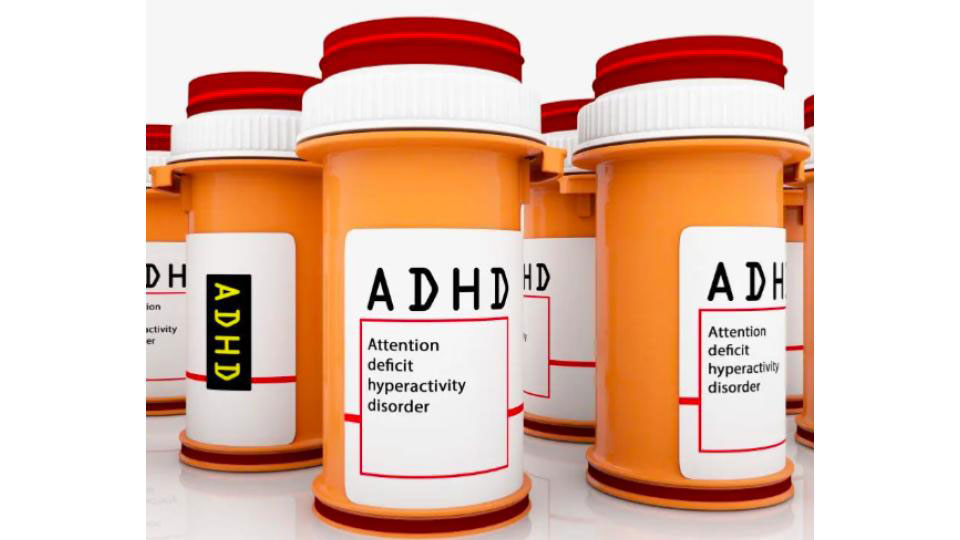Substances

About Substance Use
Substance use refers to the act of consuming psychoactive substances, including alcohol and drugs, for various reasons such as recreation, relaxation, or as prescribed by a healthcare professional. It encompasses a spectrum, including:
- Substance Use: Occasional or recreational use of substances, without significant negative consequences.
- Substance Abuse: Uncontrolled, excessive, or harmful use of substances, often associated with negative consequences for self and others.
- Substance Dependency: A chronic and relapsing condition characterised by compulsive drug seeking and use, despite adverse consequences.
Symptoms
There are varied symptoms of substance abuse and dependency. Some of these are as follows:
- Changes in social circles: Sudden shifts in friends or social groups, particularly if the new group is known for substance use.
- Decline in academic or work performance: A noticeable drop in school grades or work performance can be a sign of substance use impacting their responsibilities.
- Changes in interests and hobbies: Loss of interest in previously enjoyed activities or hobbies, and the development of new interests.
- Secrecy and lying: Being secretive about their activities, possessions, or whereabouts and displaying increased instances of lying.
- Isolation: Withdrawing from family and friends, becoming more isolated and spending a lot of time alone.
- Mood swings: Frequent and extreme changes in mood, including irritability, depression, or anxiety.
- Unexplained financial needs: Needing money without a clear explanation or borrowing money often.
- Disrupted sleep patterns: Frequent changes in sleep patterns, such as staying up all night and sleeping during the day.
Impact
Substance use can impact various domains of an individual’s life:
- Performance: Decreased academic /work performance, absenteeism, and impaired cognitive functioning.
- Social: Isolation, strained relationships, and potential legal issues.
- Personal: Deteriorating physical and mental health, financial instability, and compromised overall well-being.
Substance use disorders can have multiple underlying causes, as they are often the result of complex interactions between various biological, psychological, social, and environmental factors.
Treatment
Effective treatment approaches often involve a combination of psychiatric and psychological interventions that may include treating underlying difficulties or illnesses that are necessitating the need to use substances, medication and therapy.
Related Blogs

Treating OCD at STEPS


Types of Obsessive Compulsive Disorder

Obsessive Compulsive Disorder Overview, Symptoms and Prevalence

Treating ADHD at Steps : Therapy

